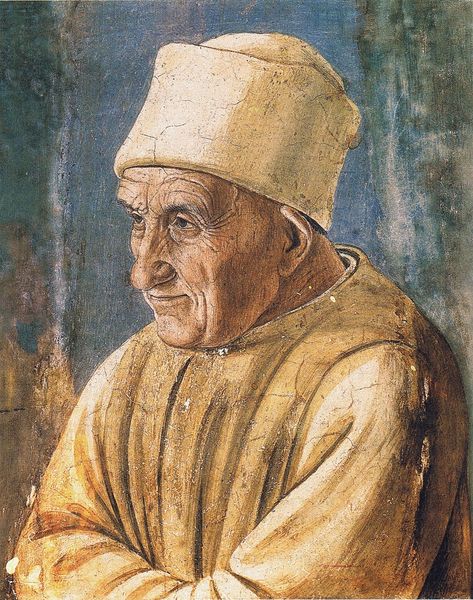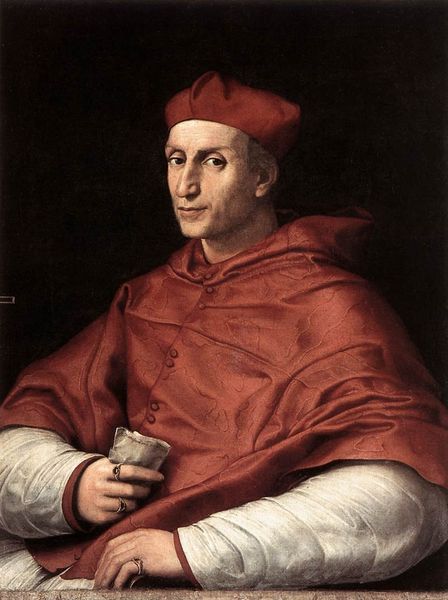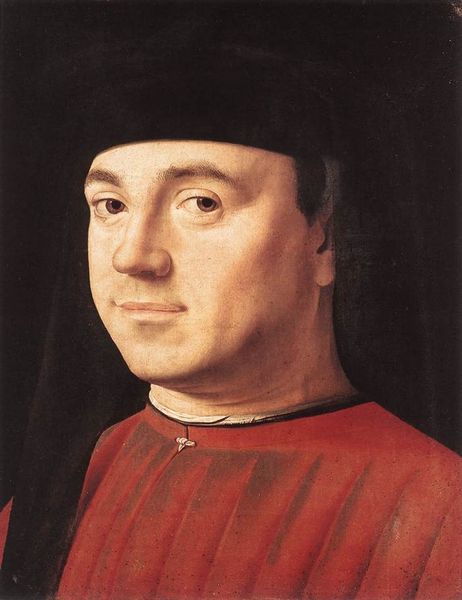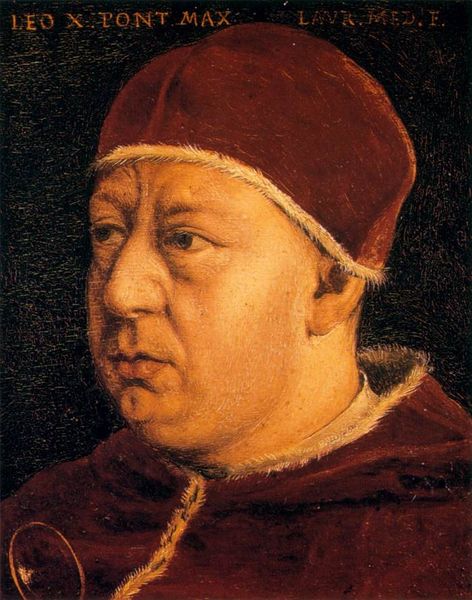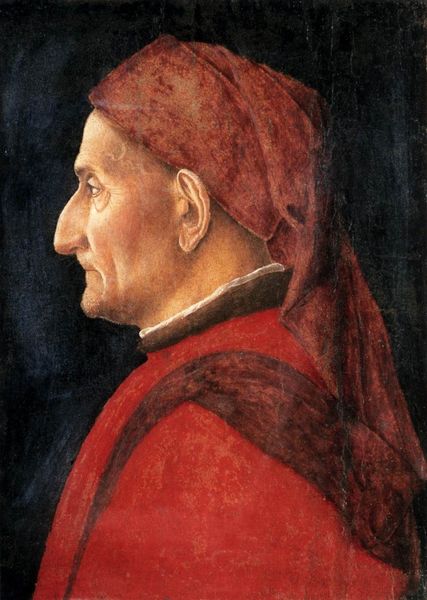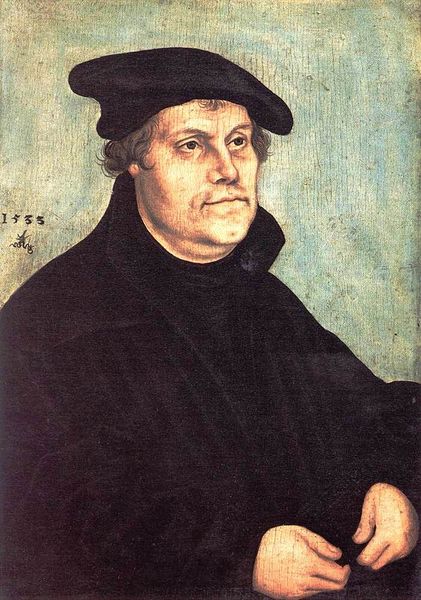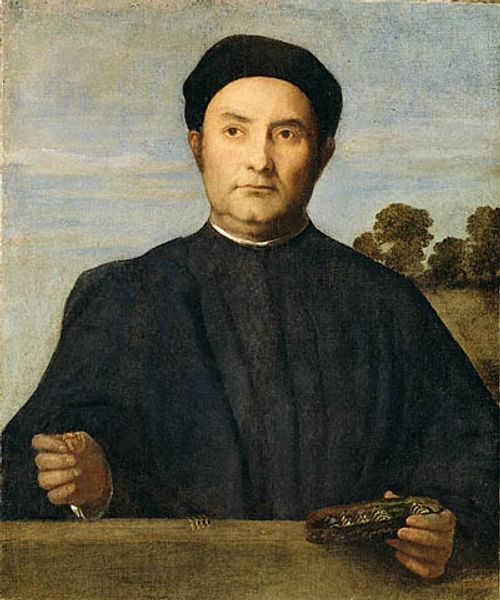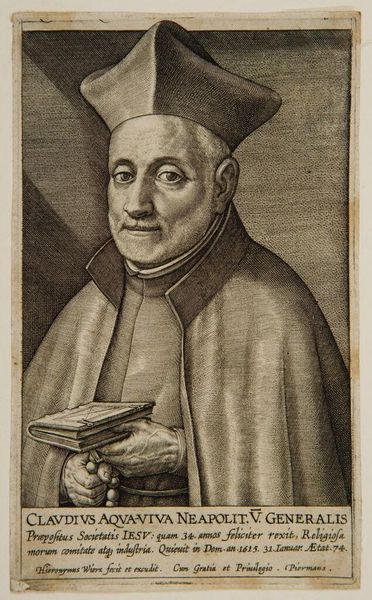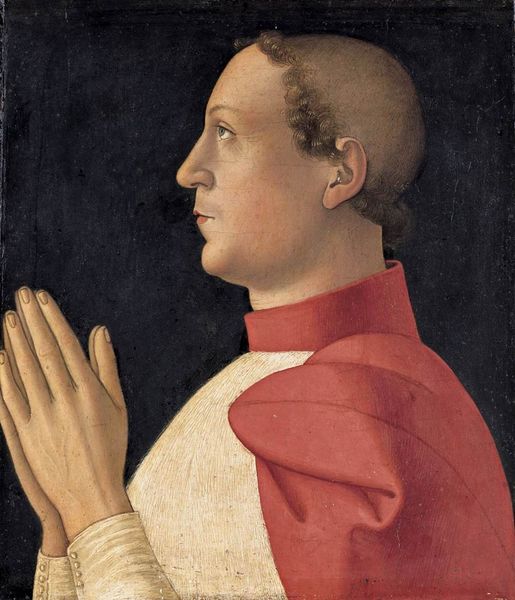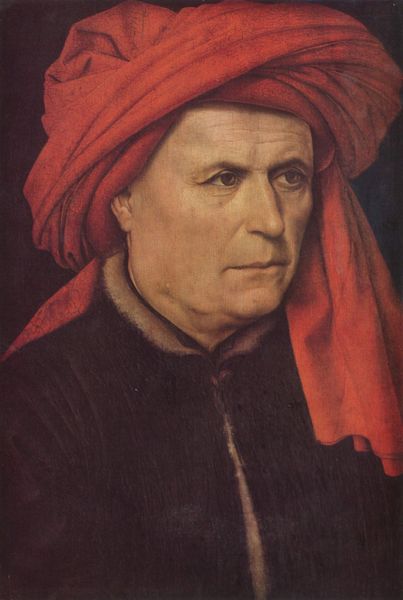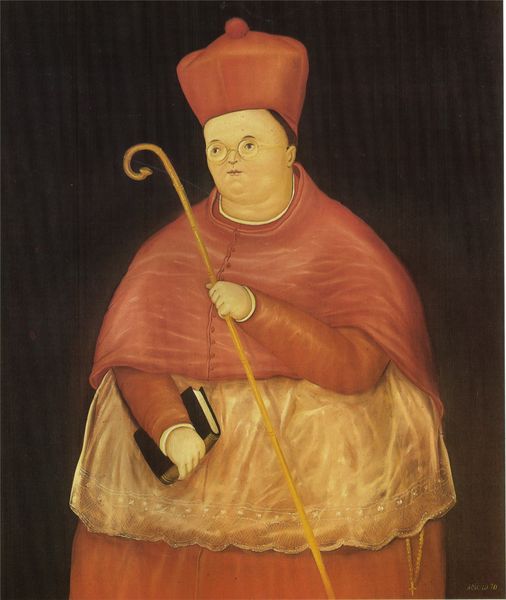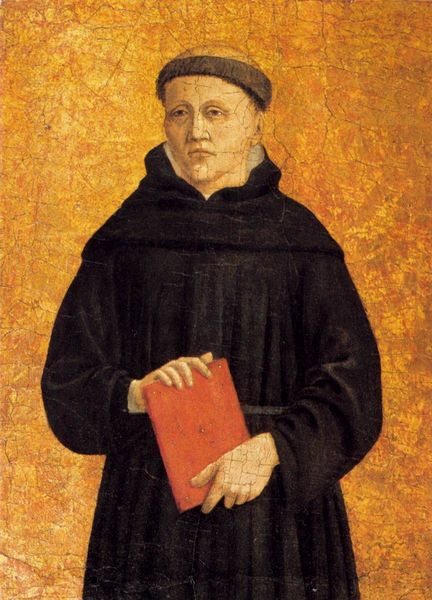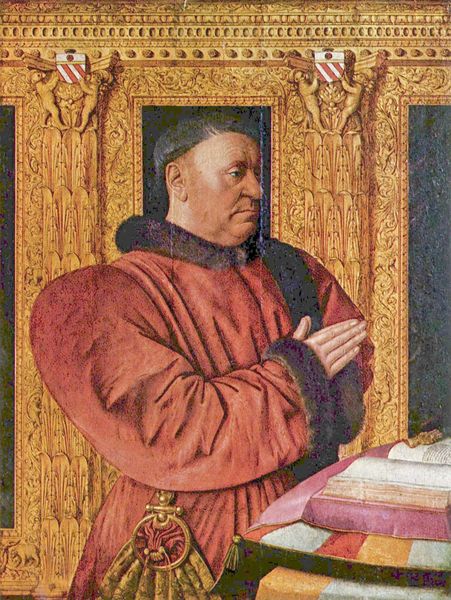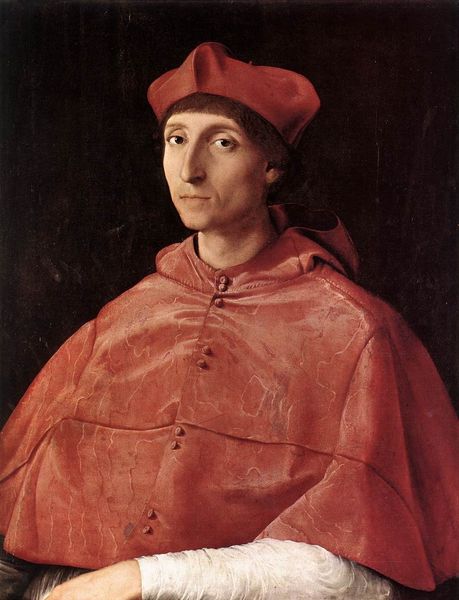
painting, oil-paint
#
portrait
#
high-renaissance
#
painting
#
oil-paint
#
11_renaissance
#
academic-art
#
italian-renaissance
Copyright: Public domain
Raphael's portrait of Tommaso Fedra Inghrami, made with oil paint on wood panel, presents a powerful Renaissance figure caught in the act of writing. The materiality of oil paint, ground pigments suspended in linseed or walnut oil, is key. Applied in thin glazes, it allows for the subtle modeling of light and shadow, rendering Inghrami's skin with a lifelike quality. Notice the red of his robes. This was achieved through the skilled layering of costly pigments such as vermilion. The way Raphael builds the portrait slowly, stroke by stroke, creates the effect of spontaneity. Yet, its execution speaks to a deliberate, painstaking process. The materials themselves had a social significance. Pigments were sourced from diverse locations, reflecting global trade networks. Their application required the skilled labor of workshop assistants, highlighting the collaborative nature of artistic production in this era. Recognizing these material and social dimensions deepens our appreciation of the portrait. It’s not just an image, but also an artifact embedded in complex networks of labor and exchange.
Comments
No comments
Be the first to comment and join the conversation on the ultimate creative platform.
